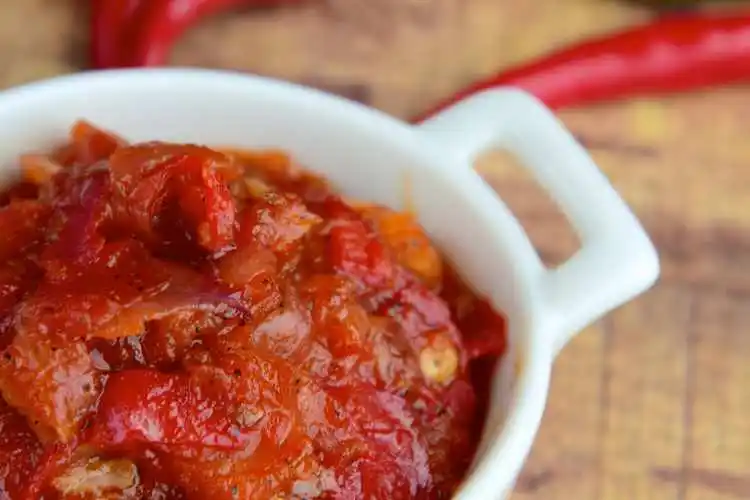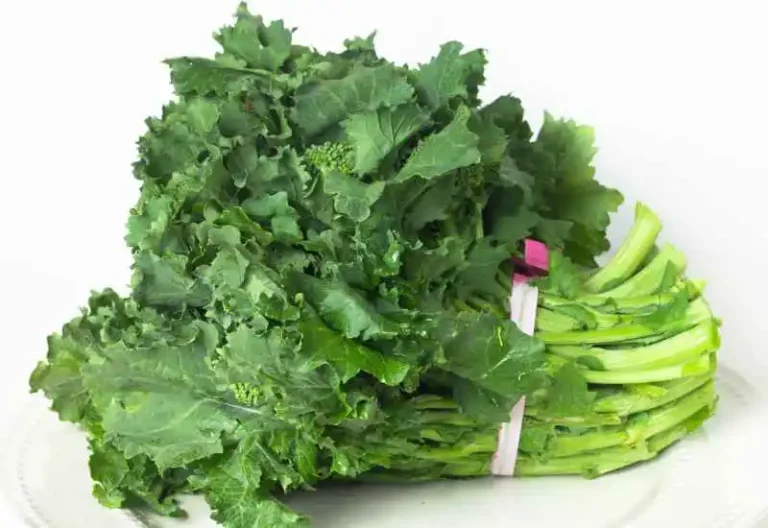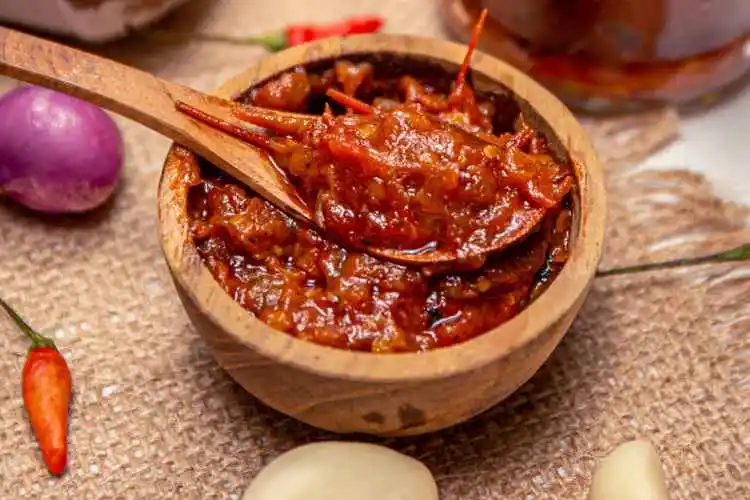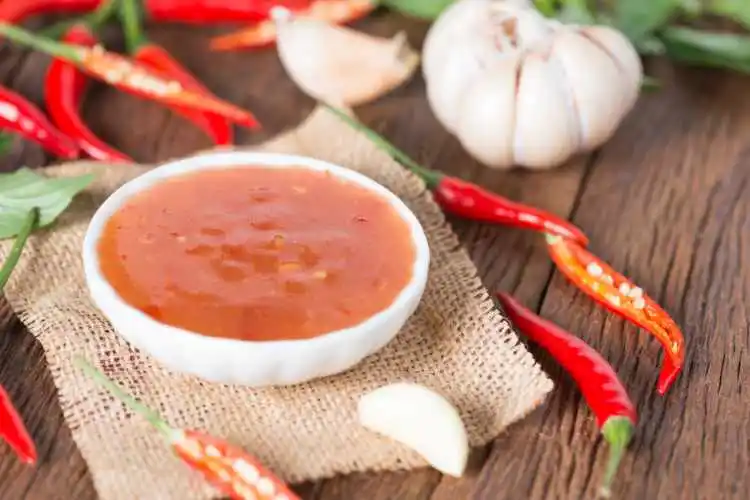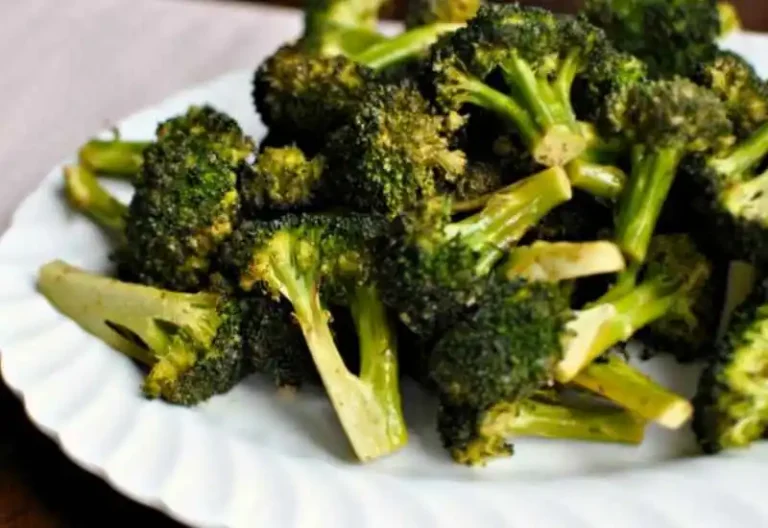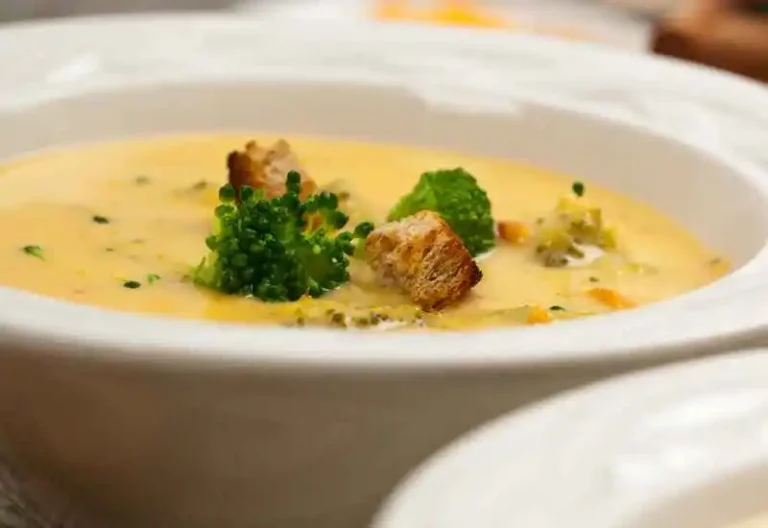5 Best Ginger Garlic Paste Substitute
Looking to take your recipes to the next level but don’t have any garlic ginger paste on hand? Don’t worry, we’ve got you covered. In this article, we’ll introduce you to some amazing substitutes that will enhance your dishes without compromising on flavor.
Ginger Garlic Paste Substitute includes fresh garlic and ginger, garlic powder and ginger powder, minced garlic and ginger, ginger and garlic juice, and garlic-infused oil with grated ginger. These substitutes vary from powders for ease to minced forms for accessibility.
Whether you’re a seasoned chef or a beginner in the kitchen, these alternatives will help you create mouthwatering meals that will impress your friends and family. While garlic ginger paste is a staple in many cuisines, it can be frustrating when you run out of it mid-recipe.
That’s why we’ve researched and tested various substitutes to ensure you don’t have to sacrifice the taste and aroma that these two ingredients bring to your dishes. From homemade alternatives to store-bought options, we’ve got something for everyone.
Discover the best garlic ginger paste substitute and uncover new flavors and possibilities in your cooking.
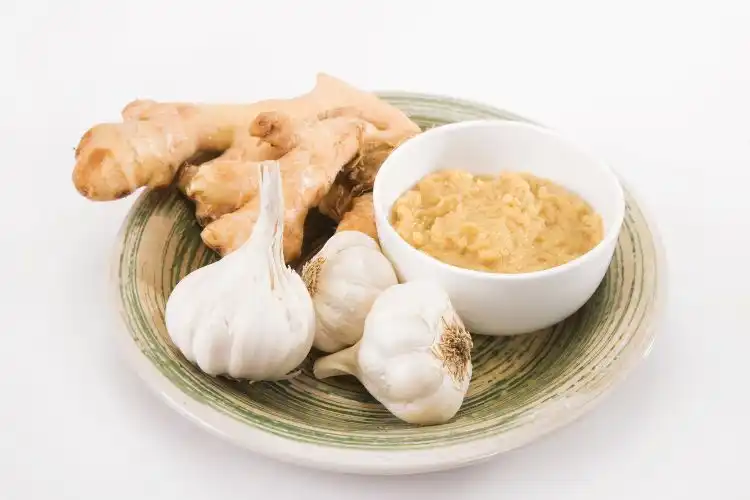
Ginger Garlic Paste Substitute
Garlic ginger paste substitutes offer convenience and flavor variety. Options include powders for ease, minced forms for accessibility, juices for concentrated taste, and infused oils with grated ginger for depth.
Each substitute caters to diverse culinary needs, balancing convenience with flavor.
Substitute #1: Fresh Garlic and Ginger
Fresh garlic cloves and ginger roots are peeled and finely chopped or minced.
To create a paste-like consistency, the minced garlic and ginger are crushed together using a mortar and pestle or blended in a food processor.
The resulting paste offers vibrant flavors and aromas, enhancing various dishes such as curries, stir-fries, and marinades.
The freshness of the ingredients contributes to the depth of flavor in the final dish, providing a potent substitute for garlic ginger paste.
Substitute #2: Garlic Powder and Ginger Powder
Garlic powder and ginger powder are derived from dehydrated garlic cloves and ginger roots, respectively.
They offer a convenient alternative to fresh ingredients, especially for quick and easy preparation.
Typically milder in flavor compared to fresh garlic and ginger, the powders can be adjusted in quantity to suit individual taste preferences.
While they may not replicate the exact taste and aroma of fresh ingredients, garlic powder, and ginger powder serve as reliable substitutes in recipes where convenience is paramount.
Substitute #3: Minced Garlic and Ginger
Minced garlic and ginger are available in jars or as frozen products in many grocery stores.
These pre-prepared ingredients offer convenience and time-saving benefits, particularly for busy cooks.
While they may lack the intense flavors of freshly minced garlic and ginger, they still contribute significant taste and aroma to dishes.
Cooks should be mindful of any added preservatives or flavors in pre-minced garlic and ginger and adjust seasoning accordingly.
Substitute #4: Ginger and Garlic Juice
Ginger and garlic juice are extracted from fresh ginger roots and garlic cloves, respectively, using a juicer or blender.
The resulting juices provide concentrated flavors and can be used to season and marinate various dishes.
Depending on the juicing method, the intensity of the flavors may vary, and adjustments in quantities may be necessary to achieve desired taste profiles.
Ginger and garlic juices are particularly useful in recipes where a liquid form of seasoning is preferred, such as salad dressings or sauces.
Substitute #5: Garlic-infused Oil with Grated Ginger
Garlic-infused oil is prepared by heating garlic cloves in oil until fragrant, then straining out the garlic solids.
Grated ginger is added to the infused oil, allowing its flavors to meld and infuse into the oil.
This combination offers a convenient and aromatic substitute for garlic ginger paste, suitable for sautéing, stir-frying, or marinating meats and vegetables.
The infused oil with grated ginger provides depth of flavor and richness to dishes, enhancing their overall taste profile while offering the convenience of a pre-prepared ingredient.
How to Use Garlic Ginger Paste Substitutes in Recipes
Using garlic ginger paste substitutes in recipes requires understanding their flavors, textures, and intensities to ensure a balanced outcome. Here’s how to use them effectively:
Fresh Garlic and Ginger
- Use in recipes that require intense, fresh flavors.
- Adjust quantities based on personal taste preferences.
- Add towards the beginning of cooking to allow flavors to infuse.
Garlic Powder and Ginger Powder
- Substitute in equal proportions for garlic ginger paste.
- Start with smaller amounts and adjust gradually to avoid overpowering the dish.
- Add towards the beginning of cooking or during seasoning.
Minced Garlic and Ginger
- Use as a 1:1 substitute for garlic ginger paste.
- Adjust cooking time slightly as pre-minced ingredients may cook faster.
- Consider adding a touch of oil to prevent sticking if sautéing.
Ginger and Garlic Juice
- Use as a seasoning or marinade in recipes requiring liquid components.
- Dilute with water or broth if necessary to adjust intensity.
- Add towards the end of cooking to preserve flavors.
Garlic-infused Oil with Grated Ginger
- Use as a flavor base for sautéing vegetables, meats, or aromatics.
- Adjust the amount based on the recipe’s requirements and desired flavor intensity.
- Be mindful of the oil’s smoke point and avoid overheating.
Tips for Selecting the Best Substitute for Your Dish
Some tips for selecting the best substitute for your dish are:
1. Consider the Role of the Ingredient in the Recipe
Is it a main component, a seasoning, a binder, a leavening agent, or something else? Try to find a substitute that can perform the same function and has a similar flavor and texture.
2. Think About the Cooking Method and the Timing
Some substitutes may work better for baking, frying, simmering, or roasting. Some may require more or less cooking time than the original ingredient.
Adjust the recipe accordingly to avoid overcooking or undercooking your dish.
3. Taste As You Go
Don’t be afraid to experiment and adjust the amounts and ratios of the substitutes to suit your preference and the dish. You may need to add more or less of a substitute depending on its strength and intensity.
For example, if you are using garlic powder instead of garlic paste, you may need to use less because the powder is more concentrated.
4. Use What You Have
Sometimes, the best substitute is the one that you already have in your pantry or fridge. You can also mix and match different substitutes to create your version of the ingredient.
For example, if you don’t have buttermilk, you can make your own by adding lemon juice or vinegar to milk.
Conclusion
Garlic ginger paste is a versatile and flavorful ingredient that can enhance many dishes. However, if you don’t have it or can’t find it, you can use some substitutes that will give you a similar taste and effect.
You can use ginger paste and garlic paste, fresh ginger and garlic, or garlic powder and ginger powder as substitutes for garlic ginger paste.
You can also adjust the amounts and ratios of the substitutes to suit your preference and the dish.

